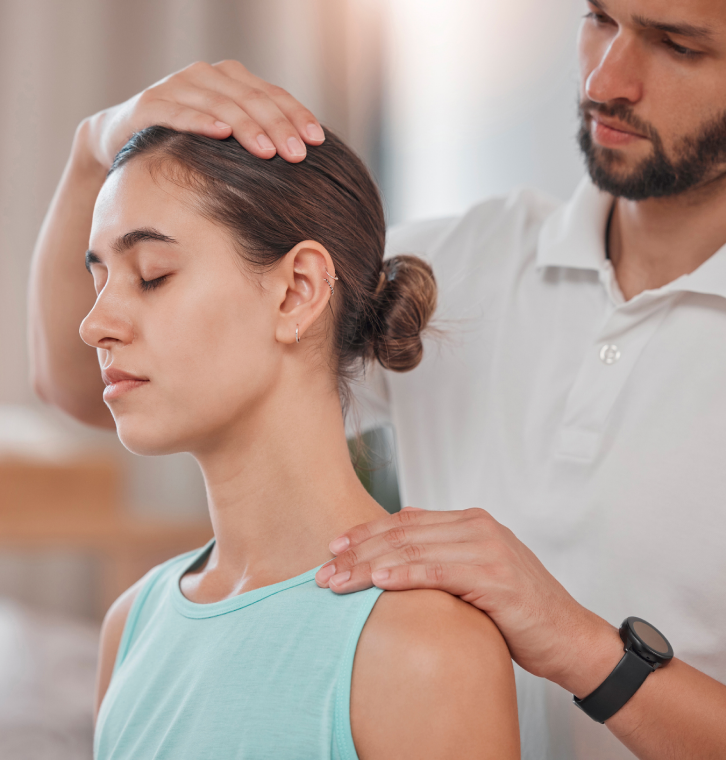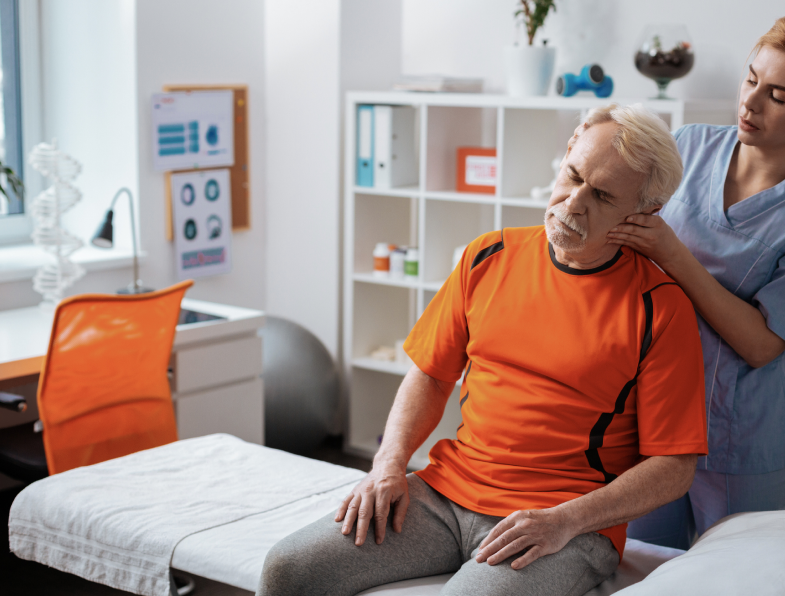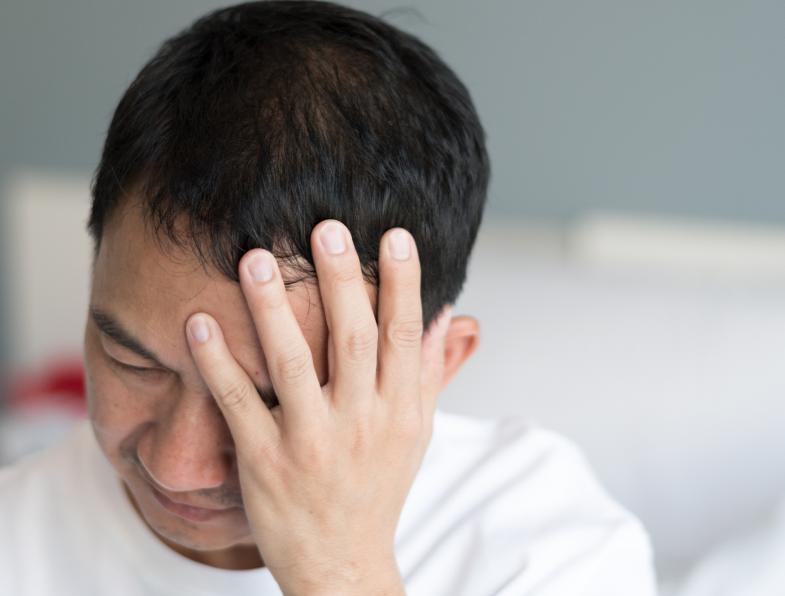
What is a Concussion?
A concussion is a mild traumatic brain injury caused by a bump, blow, or jolt to the head that can change how the brain normally functions. It occurs when the brain is shaken inside the skull, leading to chemical changes in the brain and sometimes stretching and damaging brain cells. Concussions are often described as “invisible injuries” because they may not show up on standard neuroimaging tests like CT scans or MRIs.

